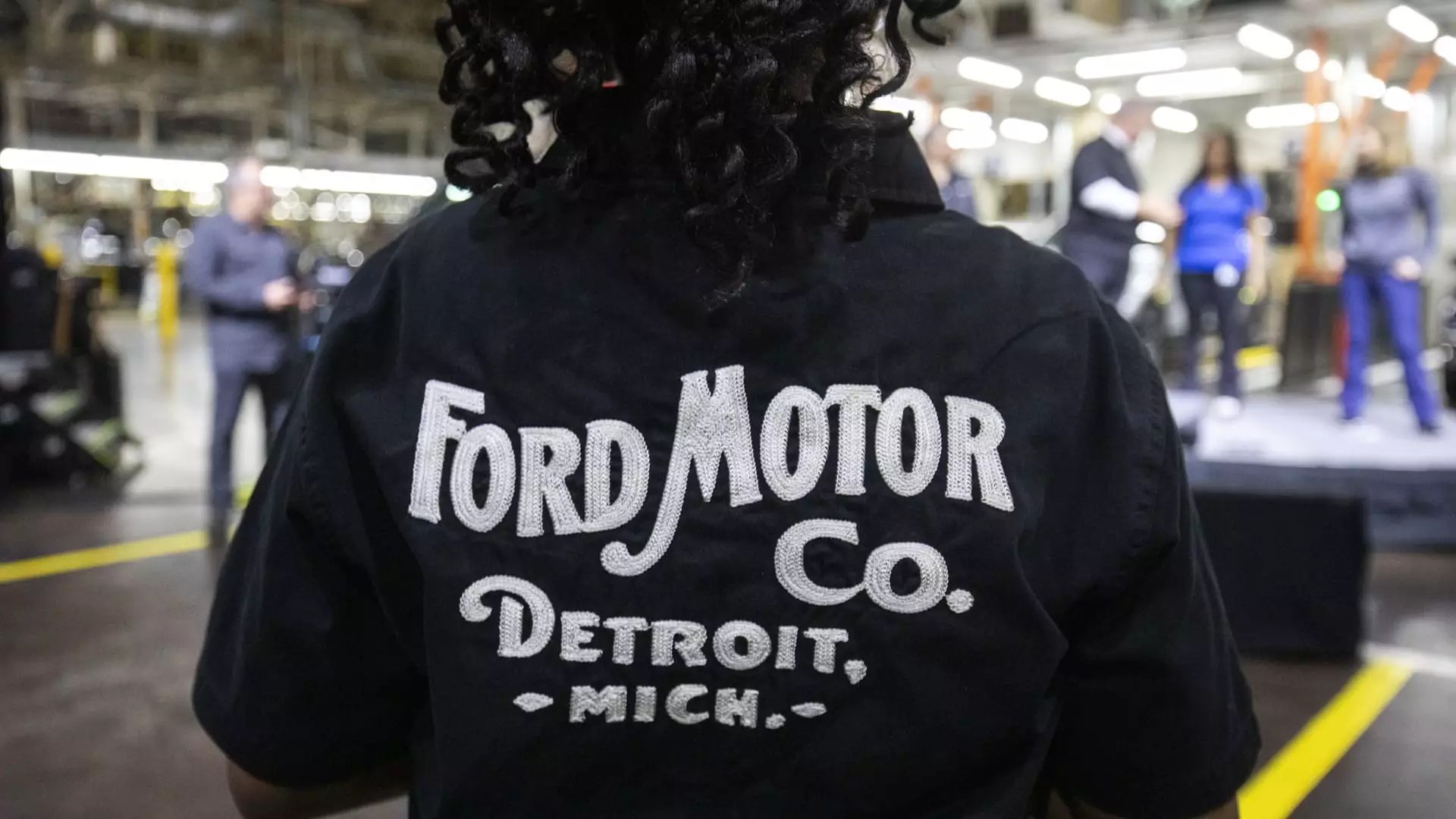Ford Motor Company is the latest organization to reconsider its commitments to diversity, equity, and inclusion initiatives. The company has stated that it has undergone a comprehensive review of its DEI policies and practices, taking into consideration the changing external and legal landscape related to political and social issues. In an internal communication, Ford shared that it will no longer use quotas for minority dealerships or suppliers, and it does not have hiring quotas in place.
The decision made by Ford follows similar actions taken by other companies such as Tractor Supply, Harley Davidson, and Lowe’s. These organizations have cited conservative backlash or shifts in social and political environments as the reasons behind their decisions to scale back their DEI efforts. Tractor Supply, for example, ended its relationship with the Human Rights Campaign, a prominent LGBTQ+ advocacy group. Harley Davidson also decided to discontinue consulting the HRC’s metric for the treatment of LGBTQ+ employees.
Impact on Corporate Ratings and Recognition
Ford’s decision to stop participating in the Human Rights Campaign’s Corporate Equality Index and other “best places to work” lists will likely have consequences on its corporate ratings. The Human Rights Campaign scores companies based on their corporate equality measures for LGBTQ+ individuals, which include practices such as offering spousal medical benefits regardless of gender and engaging in LGBTQ+ community outreach efforts. Ford had previously received a perfect score on the Corporate Equality Index, but it will no longer be included in the evaluations.
In a statement to employees, Ford emphasized its commitment to prioritizing its customers, team members, and communities over engaging in public debates on divisive issues. The company stated that it would only speak out on core issues when it believes that its voice can have a positive impact. This shift in focus reflects a growing trend among organizations to prioritize their core business operations and community engagement efforts over involvement in contentious social and political debates.
The decision by Ford and other companies to step back from their DEI initiatives comes in the wake of legal developments, such as the Supreme Court’s decision to overturn affirmative action in colleges. Conservative activists on social media have been vocal in calling on companies to reevaluate their investments in DEI efforts, reflecting a broader societal debate on issues related to diversity, equity, and inclusion in the workplace.
Ford Motor Company’s decision to reassess its diversity, equity, and inclusion initiatives is part of a larger trend among organizations to navigate changing social, political, and legal landscapes. While the company’s choice to prioritize its core business operations and community engagement efforts is understandable, it raises questions about the role of corporate entities in advancing diversity and inclusion in society. The controversy surrounding Ford’s decision highlights the complex and evolving nature of DEI efforts in the corporate world.


Leave a Reply